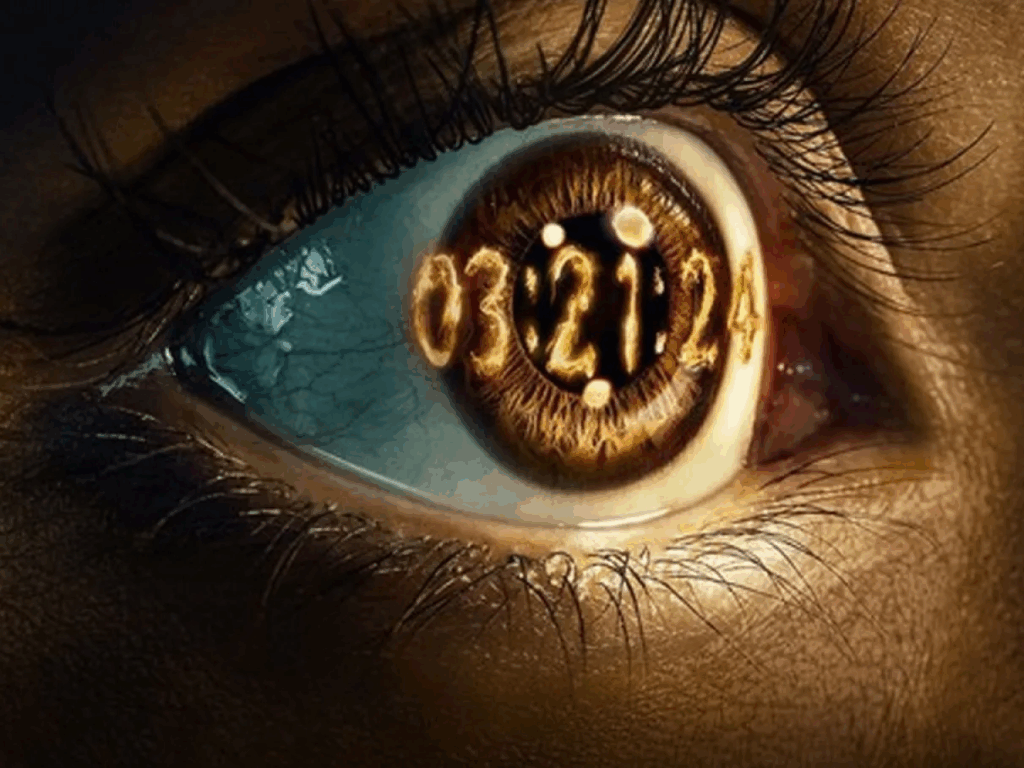Receive daily verses, prayers and biblical studies — straight to your inbox.
Join 50,000+ Christians growing in faith every day.
🔒 No spam. Unsubscribe anytime.
Since its debut, The 3-Body Problem has divided audiences. Adapted from the novel by Chinese writer Liu Cixin, the series arrived on Netflix in 2024 with the promise of being one of the most ambitious science fiction productions of recent times. And indeed it is. Produced by the creators of Game of ThronesWith a million-dollar budget and a plot that involves physics, aliens and deep philosophical dilemmas, the series does not go unnoticed.
But after all: is she a genius or just too confused? We've watched all the episodes and here's a complete analysis - without spoilers - to help you decide if it's worth embarking on this cosmic journey.

What it's all about The 3-Body Problem?
The story begins with scientists around the world facing a series of mysterious suicides, equipment failures and unexplained phenomena. While investigating these events, a group of characters are led to discover that humanity is about to have first contact with a highly advanced alien civilizationfrom an unstable star system - the so-called "three-body" system.
The plot alternates between China in the last century and the world today, and involves themes such as:
- The relationship between science and ethics
- Human insignificance in the face of the universe
- The collapse of civilizations and how they choose to survive
- Reality simulations and mind games
Sounds like a lot? That's because it is. The 3-Body Problem it's not an easy series. It requires attention, patience and an open mind to complex concepts in physics and philosophy.
Genius: where the series hits the nail on the head
Despite the complexity, it is undeniable that The 3-Body Problem has moments of brilliance. And there are plenty of them:
1# Aesthetics and top-notch production
Every scene is visually striking. The special effects are movie-worthy, but used with restraint. The design of the simulated worlds, the futuristic settings and even the flashback scenes in ancient China are impressive.
2# Plot that respects the viewer's intelligence
Unlike series that simplify everything, this one trusts in the audience's ability to follow a dense narrative full of nuances. The twists and turns are well constructed, the dialogues are rich and the characters' decisions are always deeper than they seem.
3# Real existential discussions
The series raises questions about faith, science, survival and the future of humanity in a mature way. Instead of easy answers, it throws questions into the air and leaves you pondering for days afterwards.
Confusion: where the series loses momentum
Of course, it's not all praise. And here's a warning: this series is definitely not for everyone. Here's why:
1# Many characters, many timelines
If you blinked, you missed something important. The series has a large cast, with several parallel stories going on at the same time. This requires constant attention, which can tire those who prefer more direct narratives.
2# Scientific terms and technical concepts
It's "roots" science fiction. There's a lot of talk about quantum mechanics, chaos theory, gravitational physics and other topics that aren't exactly popular. Even with visual explanations, it's easy to get lost if you're not concentrating.
3# Irregular rhythm
Some episodes are fast-paced, full of action and revelations. Others are slower, focused on dialog and conceptual development. This can give the impression that the series "goes back and forth", which puts off those who like more linear narratives.
Does the cast help or hinder?
The casting is one of the points that has generated the most controversy. While some fans of the original work complained about the westernization of some of the characters, the truth is that the performances are consistent and they do their job well.
Highlights:
- Eiza Gonzálezwho lives a determined and emotionally complex physical life
- Benedict WongHe brings presence and charisma as an investigator involved in mysteries
- Jonathan Pryce, a veteran who always delivers density in the most philosophical dialogues
There are no memorable performances, but they are all good enough to carry the weight of the plot.
Do you need to have read the book to understand?
No. The series was adapted with both readers and new viewers in mind. Of course, those who have read The Three-Body Problem (or the complete trilogy) you'll notice extra references and details, but the narrative has been reformulated to work on its own.
In fact, the adaptation made some important changes to the rhythm and structure of the events - which divided opinions between the more purist fans and those who accepted the changes as necessary for the television format.
Verdict: brilliant or confusing?
The most honest answer is: both.
The 3-Body Problem is an ambitious, intelligent and aesthetically impeccable series. But it's also dense, demands attention and probably won't appeal to those looking for something light or uncompromising.
If you like series like Dark, Westworld, Black Mirror or Foundationyou'll feel right at home. If you prefer something more direct, like Stranger Things or The WitcherI might find it tiresome.
Is it worth watching? Yes, if you're willing to take the plunge. The series delivers an experience unlike anything Netflix has ever released - and could become a new sci-fi classic, just like Dark conquered this space years ago.
See also: AI can boost business; see the technology tips
May 12, 2025
Graduated in Languages - Portuguese/English, creator of the Successful WriterHe also writes for Great App, expanding the knowledge of all technology lovers through movie and series reviews, game reviews and the main news of the moment.